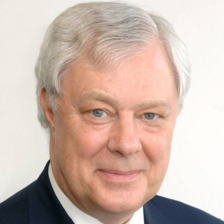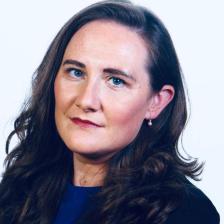
Oversight
NRGI’s legal structure and its governance and advisory bodies
The Natural Resource Governance Institute (NRGI) is a U.S. 501(c)(3) nonprofit corporation organized under the laws of the District of Columbia, since 2006.
The Natural Resource Charter Limited (NRCL) is a private company limited by guarantee and a charity organization registered in the United Kingdom since 2011. NRGI is the sole member of NRCL and the two entities are affiliated through a cooperation agreement.
The Natural Resource Governance Institute – EU (NRGI EU) is a not-for-profit association registered in Belgium. NRGI EU is governed by a general assembly that consists of NRGI staff as members. NRGI is affiliated with NRGI EU through a funding agreement.
NRGI is also registered in the Democratic Republic of the Congo, Ghana, Peru, Senegal, Tanzania and Tunisia.
NRGI Governing Board
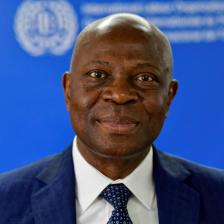
Gilbert F. Houngbo
Chair, NRGI Governing Board
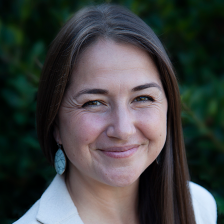

Audrey Gaughran
Ex officio; Chair, Advisory Council

Lourdes Melgar
Chair, Audit and Finance Committee

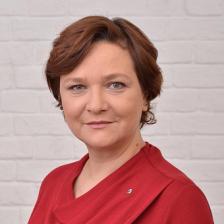
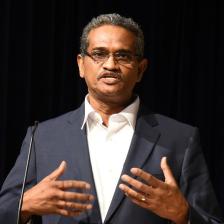
Anthony Paul
Chair, Nominations and Governance Committee



NRCL Board
NRGI EU Board
Advisory Council
In addition to its oversight bodies, NRGI convenes a non-governing expert advisory council. Advisory Council members share guidance and insight with NRGI teams.
Former NRGI Governing Board members
- Bennett Freeman
- Ernest Aryeetey
- Paul Collier
- Alan Detheridge
- Sean Hinton
- Mo Ibrahim, Chairman of the Mo Ibrahim Foundation
- Yuli Ismartono
- Warren Krafchik
- Michael Spence (Former Advisory Council Co-Chair), William R. Berkley Professor in Economics & Business
- Smita Singh
- Ernesto Zedillo (Former Governing Board Chair), Former President of Mexico; Frederick Iseman ’74 Director of the Yale Center for the Study of Globalization; Professor in the Field of International Economics and Politics; Professor of International and Area Studies; and Professor Adjunct of Forestry and Environmental Studies at Yale University.
Natural Resource Charter Ltd, UK Former Trustees
- Abdulatif Al-Hamad, Director General and Chairman of the Board of Directors of the Arab Fund for Economic and Social Development
- Luísa Diogo, Former Prime Minister of Mozambique
- Mo Ibrahim, Chairman of the Mo Ibrahim Foundation
- Ernesto Zedillo (Former Governing Board Chair), Former President of Mexico; Frederick Iseman ’74 Director of the Yale Center for the Study of Globalization; Professor in the Field of International Economics and Politics; Professor of International and Area Studies; and Professor Adjunct of Forestry and Environmental Studies at Yale University.
- Shengman Zhang, Chairman of Asia Pacific at Citigroup, Inc.
Former Revenue Watch Institute Board members
- Tulegan Askarov
- David de Ferranti, Results for Development Board Chair and Senior Advisor
- Daniel Kaufmann, President Emeritus and Former CEO of NRGI
- Karina Litvack, Governance and Sustainable Investment Specialist
- Willy Olsen, Senior Advisor at INTSOK
- Stewart J. Paperin, Managing Director at LionRock Partners LLC and Leopard Rock Property Group
- Anthony Richter (Former Chair), Director of Special Initiatives at the Open Society Foundations
Former Trustees of the Natural Resource Charter Ltd, UK
- Tony Venables, Professor of Economics at the University of Oxford


